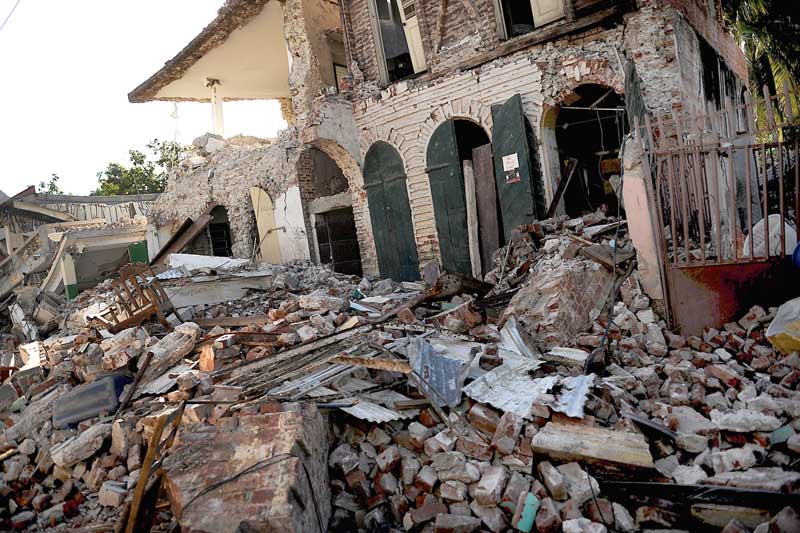On this day, 9th October: North Korea conducted its first nuclear test - 2006

North Korea’s first nuclear test on October 9, 2006, was a defining moment in the country's pursuit of nuclear weapons. The underground test was estimated to have a yield of less than 1 kiloton, much smaller than other nuclear powers' early tests, but it sent a powerful message about North Korea's determination to become a nuclear-armed state. This event intensified global tensions, especially in East Asia, prompting immediate condemnation and the UN Security Council’s imposition of sanctions under Resolution 1718.
The test dramatically shifted regional security dynamics, heightening fears of an arms race and prompting neighboring countries like South Korea and Japan to reassess their defense strategies. The United States also escalated diplomatic and military preparations, seeking to curb North Korea's ambitions through a combination of sanctions, negotiations, and regional alliances.
Despite the economic sanctions and diplomatic isolation, North Korea continued testing nuclear weapons in the following years, advancing its missile technology and enhancing its capability to deliver nuclear warheads over longer distances. These tests, along with missile launches, have placed North Korea at the center of international security discussions, with efforts to negotiate denuclearization often stalling amid rising tensions and North Korea’s insistence on retaining its nuclear deterrent.





